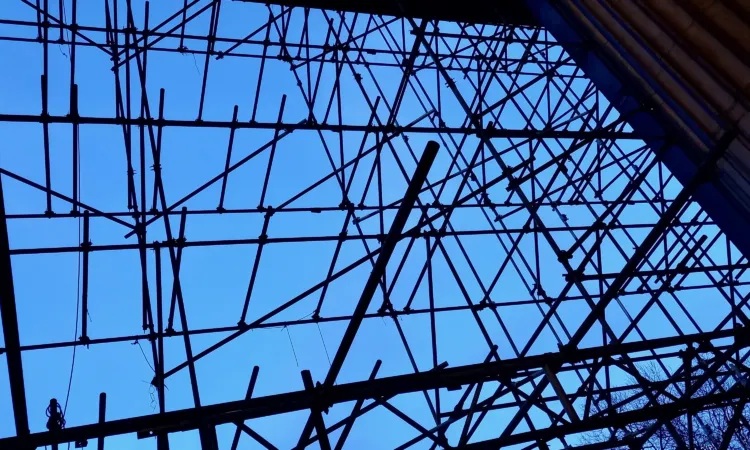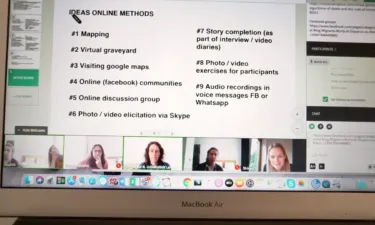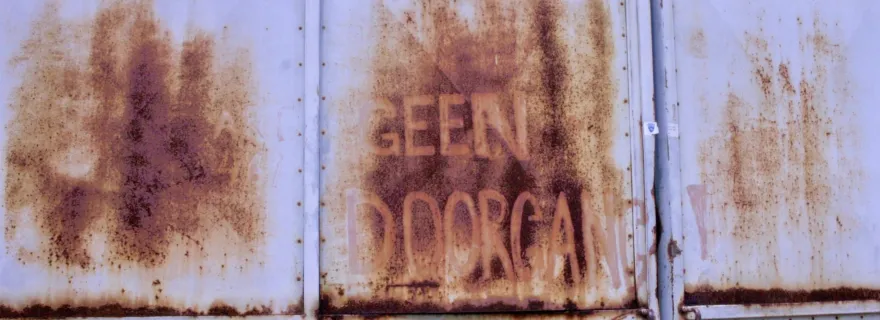Part 2 Fieldwork in challenging times: The power of networks and screens
Access to the field was impossible, but new possibilities were on the horizon. Not just for this research, but for all future research in regions that are difficult to reach. Curious how? Read on!
From networks to inclusion
I had always known that strong networks are essential for effective fieldwork, but their value became truly evident during the COVID-19 pandemic. Fortunately, we had already established a solid network of contacts during earlier fieldwork—particularly when I relocated from Egypt to Morocco and spent a year building relationships on the ground. Who could have anticipated that these connections would become so critical during this unforeseen global crisis? It was a powerful reminder that in empirical research, a robust network isn’t just advantageous, it’s indispensable.
Thanks to these relationships, we were able to collaborate with fieldwork coordinators from migrant communities, who played a key role in facilitating online interviews and meetings. What initially seemed like an insurmountable obstacle became an opportunity to adapt and continue our work in new and productive ways. A cycle of online and in-person data collection began to take shape, an approach we’ve continued even after the pandemic. I can hardly imagine now that there was a time I thought fieldwork was only about having your feet on the ground.

Respondents’ digital lives
We also came to another realisation: while people around the world are increasingly spending significant time online, our research had largely overlooked this digital dimension of empirical reality. By a curious twist of fate, the pandemic prompted us to confront and explore it. We discovered that, for many migrants in Morocco, decisions about major life events increasingly take place online. For example, representatives of migrant communities in Morocco may deliberate virtually with relatives abroad about whether the body of a deceased loved one should be repatriated or buried in Morocco. If the latter, should it be in a Muslim or Christian cemetery? Managing legal proxies also involves extensive online exchanges and the transfer of official documents.

Capacity building
Although mobility to and within Morocco remained severely restricted, travel restrictions in the Netherlands were eased. This allowed us to use a grant to host two young, aspiring Moroccan scholars for a three-month research traineeship at our institute in Leiden. Upon returning home, they continued to support our project by helping us collect valuable data on the ground. In this way, our research not only produced valuable data and knowledge, it also built local skills and future research potential. But that was just the beginning. Find out what came next here.


